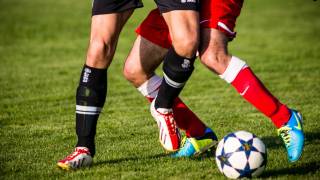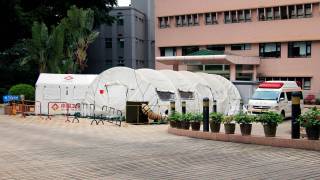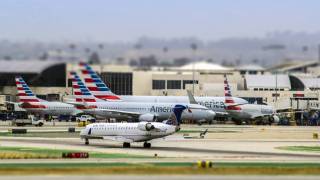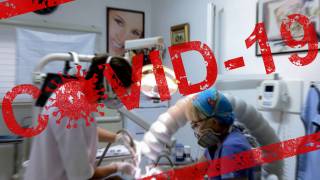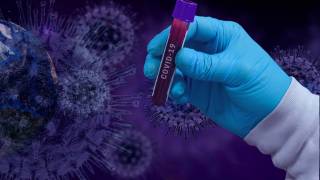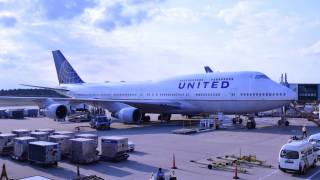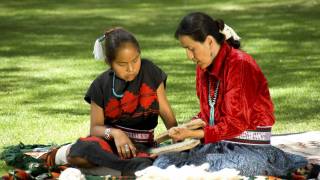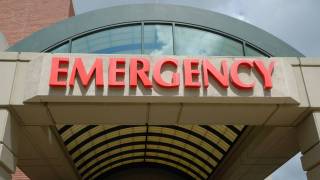MMR Vaccination May Prevent COVID-19
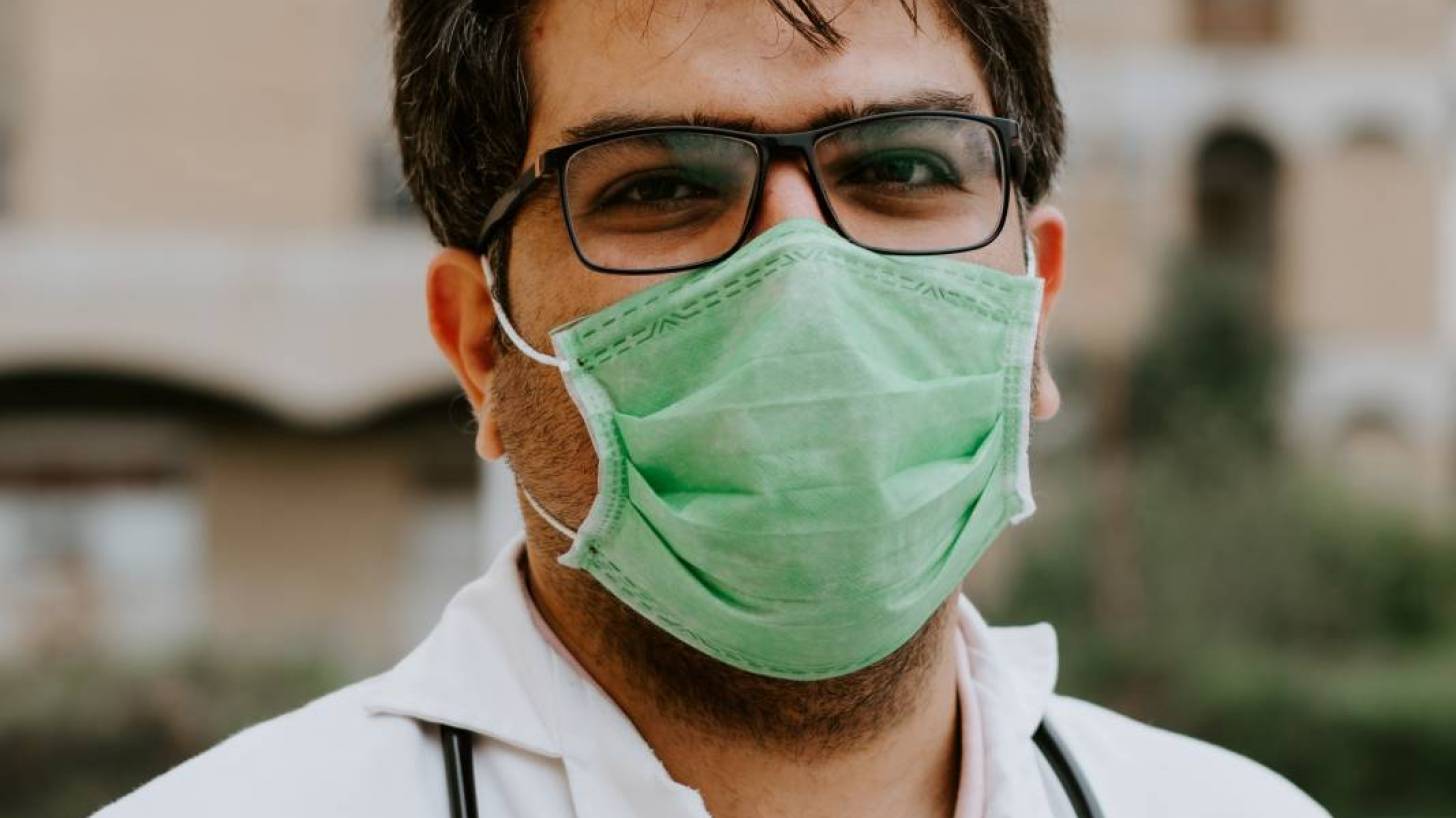
An international research network of physicians and scientists is launching a phase 3 clinical trial to evaluate whether the common measles, mumps, and rubella (MMR) vaccine can protect 30,000 healthcare workers against infection from SARS-CoV-2, the coronavirus that causes COVID-19.
The Washington University School of Medicine announced on September 3, 2020, it is the clinical coordinating center for this international study which is the first to evaluate on a large scale whether the MMR vaccine can protect against the new coronavirus.
The research team leading the trial points to growing evidence that suggests the MMR vaccine could boost an individual’s immunity and may prevent infection from SARS-CoV-2, for a limited period. This is because the vaccine carries small amounts of live, weakened viruses that could train the body’s immune system to fight multiple pathogens.
‘If we discover that the MMR vaccine can help train the body’s immune response to SARS-CoV-2 infection, then we will have something to administer very quickly while waiting for more specific vaccines and preventive therapies to be developed,’ stated these researchers.
“We know that the MMR vaccine is safe, and we think there are two main reasons that it could prevent COVID-19,” said one of the collaborative’s principal investigators, Michael S. Avidan, MBBCh, Dr. Seymour and Rose T. Brown Professor and head of the Department of Anesthesiology at Washington University.
“The first is this vaccine includes small amounts of live but very weakened measles, mumps, and rubella viruses. This type of vaccine appears to strengthen the body’s immune response to infections in general, not just to the viruses in that particular vaccine.”
A second reason the MMR vaccine may be effective is that there are similarities between the weakened viruses in the vaccine and the SARS-CoV-2 virus that causes COVID-19. All of these viruses have similar proteins on their surfaces that are involved in infecting cells in the body, so the researchers think that antibodies made in response to the MMR vaccine also may recognize and fight the SARS-CoV-2 virus.
Merck’s M-M-R II vaccine will be used in this study, and its inactive ingredients include sorbitol, sucrose, hydrolyzed gelatin, recombinant human albumin, fetal bovine serum, other buffer and media ingredients, neomycin.
The M-M-R II vaccine is given as a shot administered subcutaneously, preferably into the outer aspect of the arm. The dose of the vaccine is the same for everyone. If a child gets the shot when he or she is one year old or older, a second dose is recommended, says the U.S. FDA.
The trial is co-led by Washington University, University College London, and the University of the Witwatersrand in Johannesburg, via the CROWN (COVID-19 Research Outcomes Worldwide Network) Collaborative and involves researchers from institutions in African, European and North American countries.
The phase 3 study, which was last updated on September 9, 2020, will recruit front-line healthcare workers, including those from lower- and middle-income countries. The countries involved include Canada, Ghana, Ireland, South Africa, Uganda, United Kingdom, United States, Zambia, and Zimbabwe.
Data from the trial sites will be compiled at University College London. Laurence Lovat, MD, PhD, a professor of gastroenterology and biophotonics, is the study leader in the United Kingdom.
The CROWN CORONATION trial’s other principal investigators are Ramani Moonesinghe, MD, a professor of perioperative medicine at University College London, and Helen Rees, MD, executive director of the Wits Reproductive Health and HIV Institute in Johannesburg.
“The CROWN Collaborative research platform was designed to rapidly evaluate preventive and therapeutic interventions to learn which ones work and which ones do not,” Avidan said. “Our goal from the start has been to identify interventions that work and make them available to the people around the world who will benefit most.”
The CROWN CORONATION trial is funded by a $9 million grant from the COVID-19 Therapeutics Accelerator — an initiative launched by the Bill & Melinda Gates Foundation, Wellcome, and Mastercard, with support from an array of public and philanthropic donors. The Therapeutics Accelerator works to speed up the response to the COVID-19 pandemic by identifying, assessing, developing, and scaling up treatments.
More information on the CROWN CORONATION trial can be found on the trial’s registration site.
Washington University School of Medicine’s 1,500 faculty physicians also are the medical staff of Barnes-Jewish and St. Louis Children’s hospitals, located in the St. Louis, Missouri area.
PrecisionVaccinations publishes research-based vaccine news.
Our Trust Standards: Medical Advisory Committee






